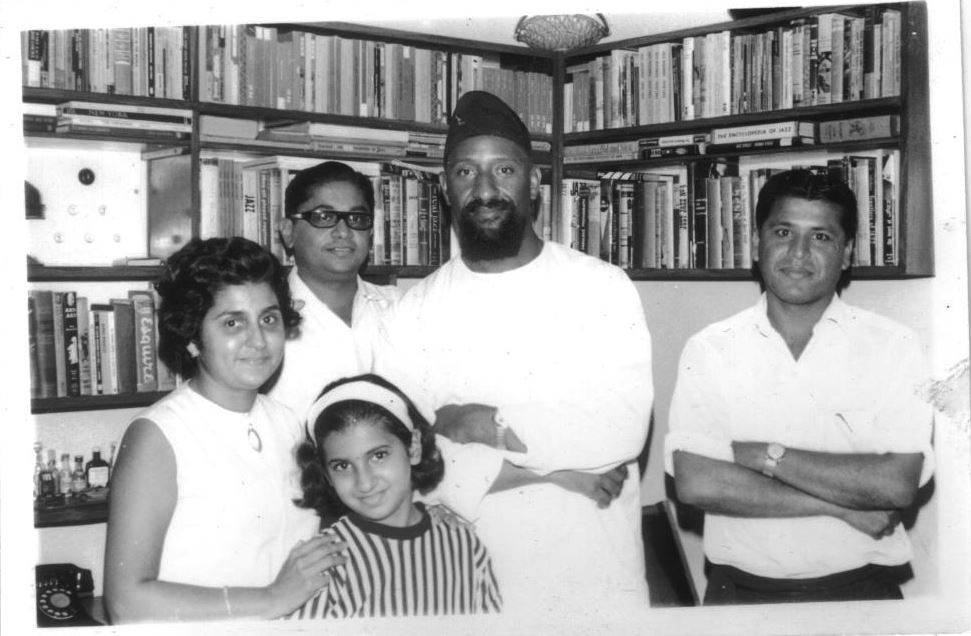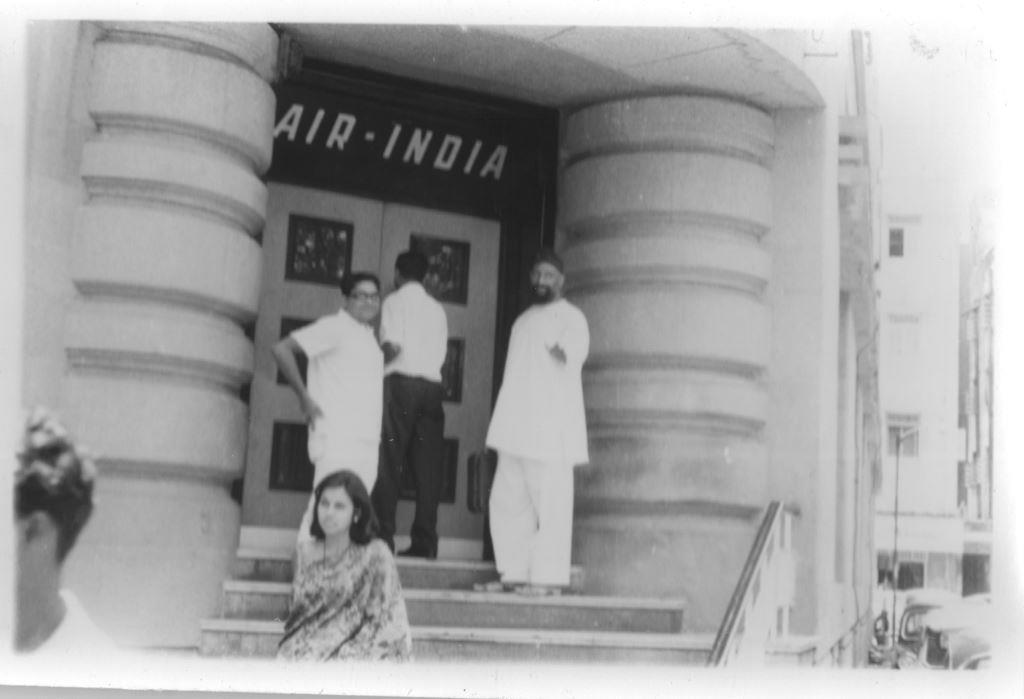
"I had no idea there were so many ashrams around Bombay!” More than four decades after he and his friend Jehangir Dalal got into a car and drove to more than a dozen religious retreats, Nirajan Jhaveri still remembered the day in 1968 vividly.
The two men were among Bombay’s most obsessive jazz fans. As students at St Xavier’s College in the 1950s, they’d published India’s first jazz magazine, Blue Rhythm. They were so crazy about the music that they were quite willing to drive for hours to chase down the rumour that a famous American jazz musician was studying yoga somewhere in the Bombay region.
After several unsuccessful halts, the two men eventually found themselves in Powai, at the mission run by Swami Chinmayananda. That’s how they came to find the legendary saxophonist Sonny Rollins, who had taken a second break from his sky-high career to study yoga. To hear Rollins tell it, he’d come upon the ashram quite by accident.

“I had been interested in metaphysical organisations and things like Buddhism, yoga and Sufism,” he told one interviewer. “I felt like I needed to get more into self-improvement and the greater purposes and meaning of life. I had been investigating yoga since the ’50s, so I had been primed to make this voyage. It wasn’t something I did as a whim. I had separated from my wife for a while, and the time was right to make that move.”
Having read quite a bit about yoga and various yoga masters and teachers, Rollins says that he took his horn, a bag or two and booked a flight to Bombay. “On the last leg of the flight, I was talking to some Indian people and one fella knew something about ashrams.,” he recalled. “He suggested this particular place to me just outside of Bombay and this swami, Chinmayamananda.”
This is how he described a typical day at the ashram: “There were yoga students there from Europe and elsewhere and we had our meals and everything. When the swami came there were lectures. We studied the literature texts from the Vedanta. We studied the Upanishads and Yoga Sutras and all of these writings from antiquity. We weren’t doing hatha yoga so much — hatha yoga is the positions. We were mainly studying the texts, and when we didn’t have sessions, we’d endlessly discuss things among ourselves.”
Though he did perform a concert for the other students at the ashram, no one else in Bombay was privileged enough to hear the maestro play his horn. But he took trips to town with his new friends and, a decade later, they persuaded him to perform at the inaugural edition of the Jazz Yatra series of concerts in 1978.
Here’s an interview in which Rollins talks about his time in Bombay.
And here, the excellent Jehangir Dalal, without whose generosity Foxtrot would not have been written, recounts his association with the maestro.
More than50 years after his trip to India, Rollins continues to practice yoga. In 2014. he released Volume 3 of his album series Road Shows, which includes a track titled Patanjali, named after the sage who is credited with having compiled the Yoga Sutras.
Here are some more pictures from Jehangir Dalal's album
























Write a comment ...